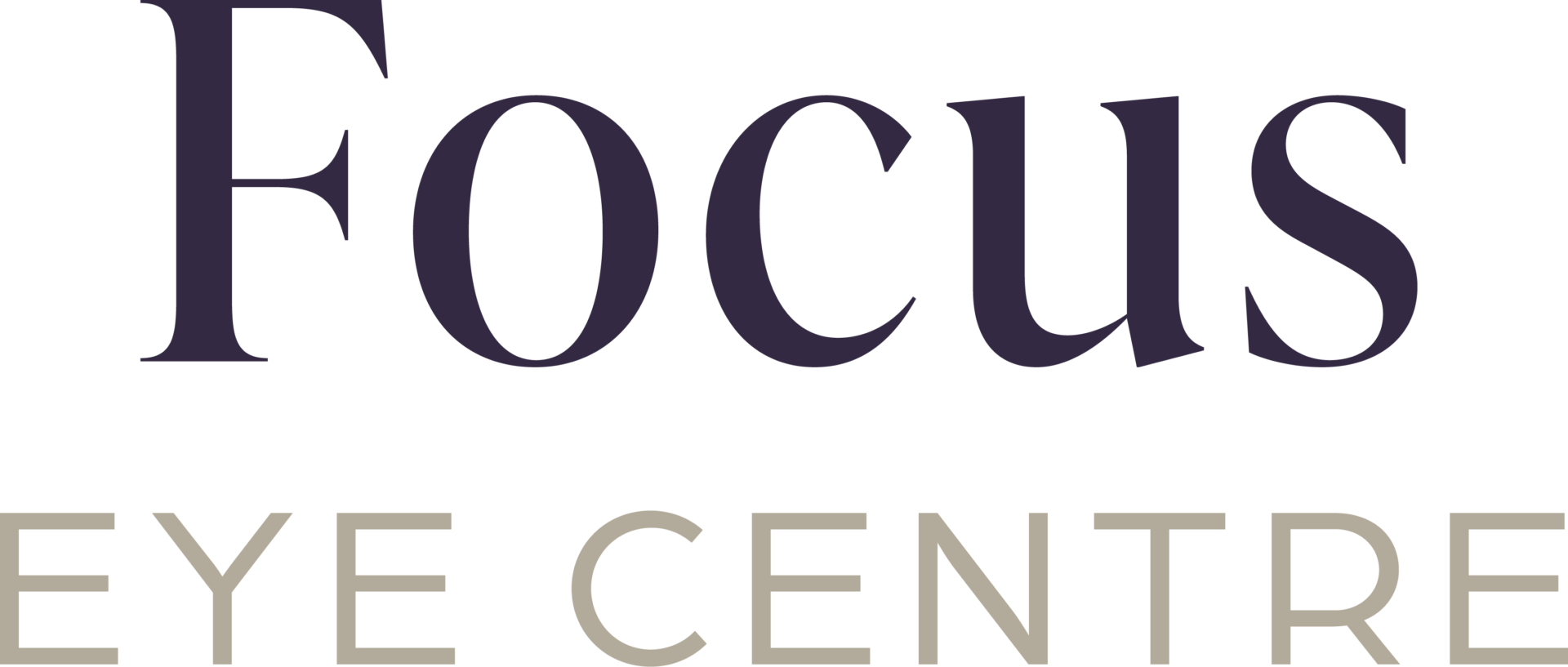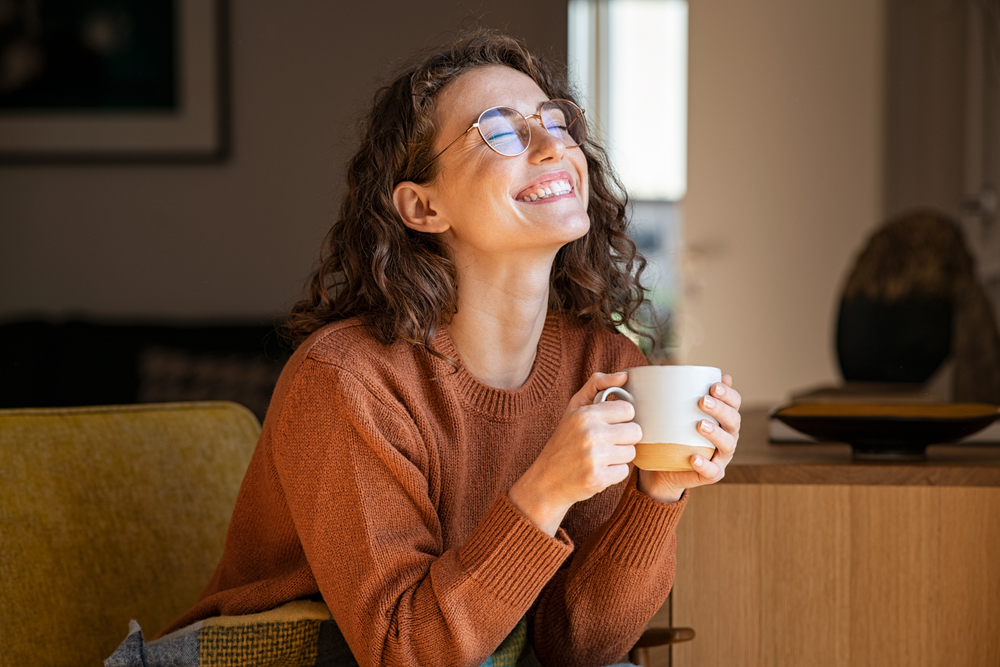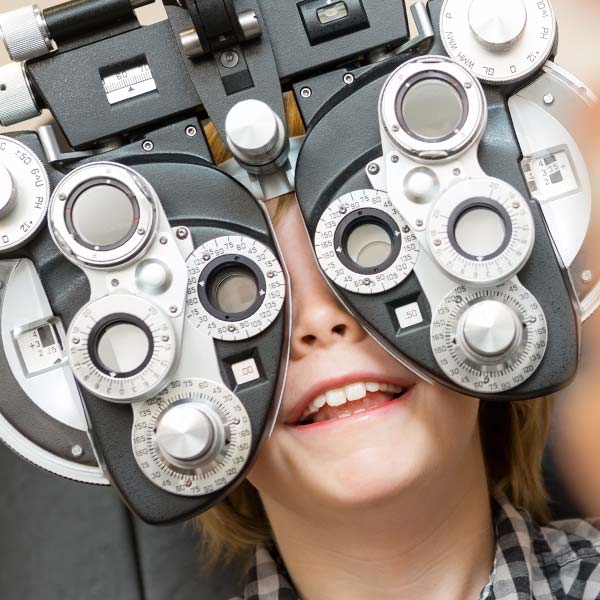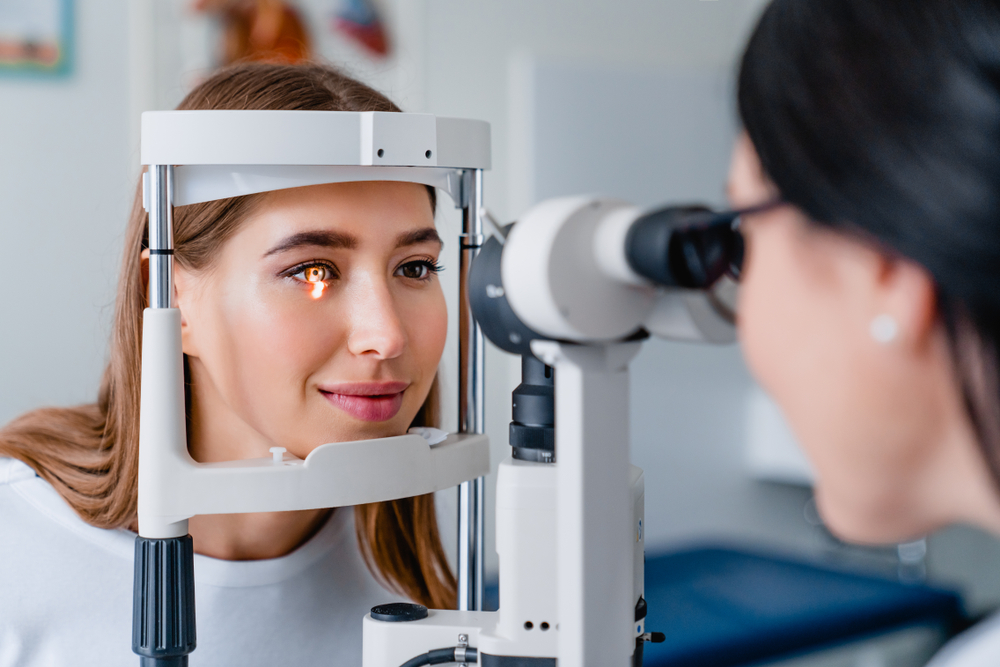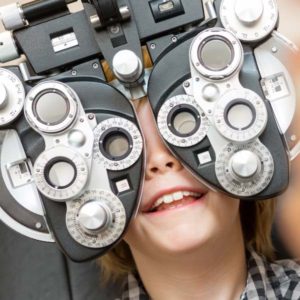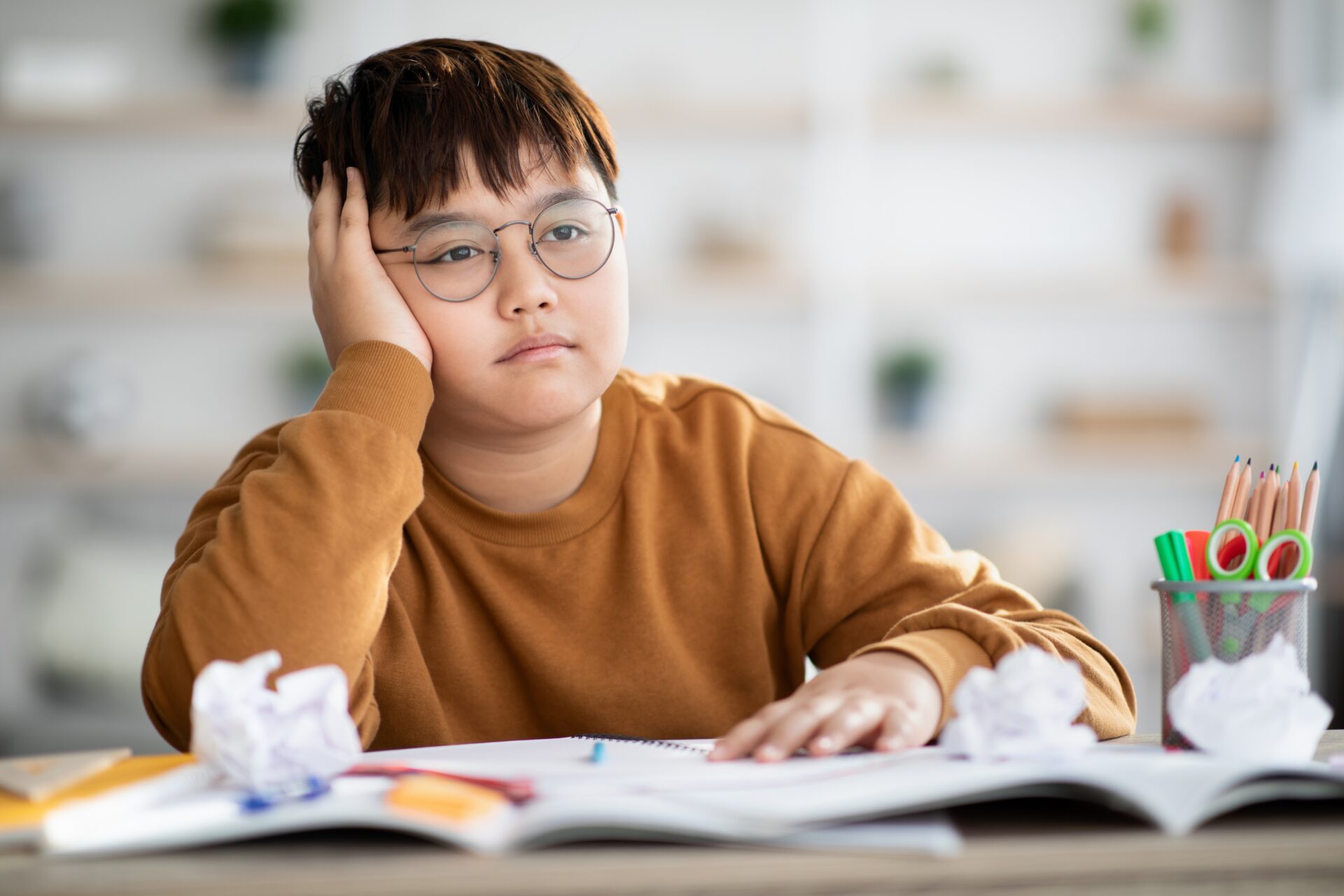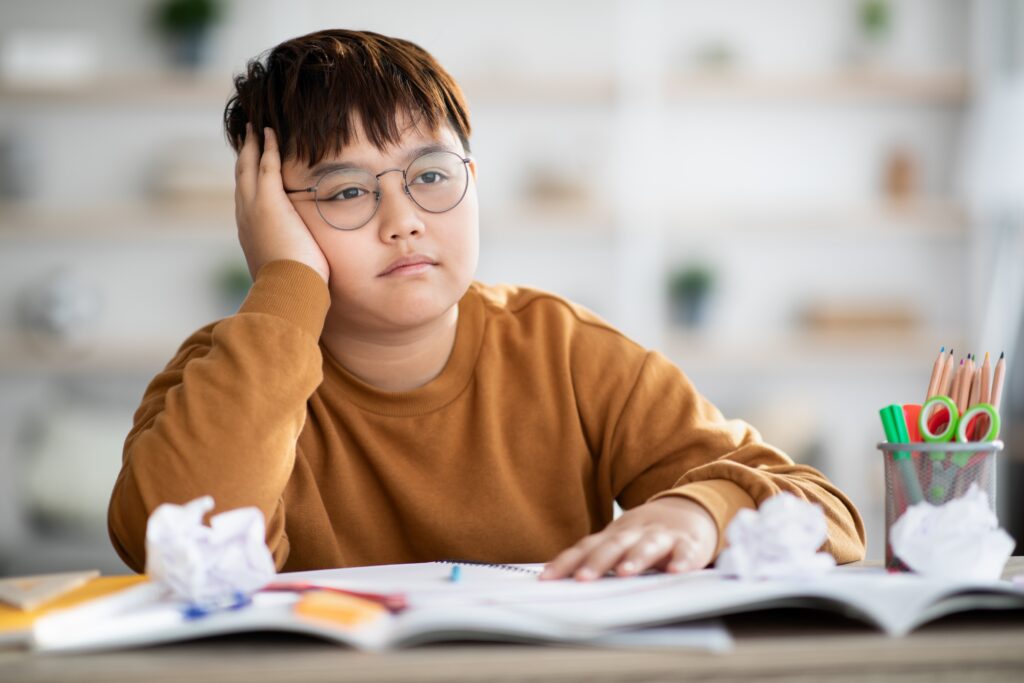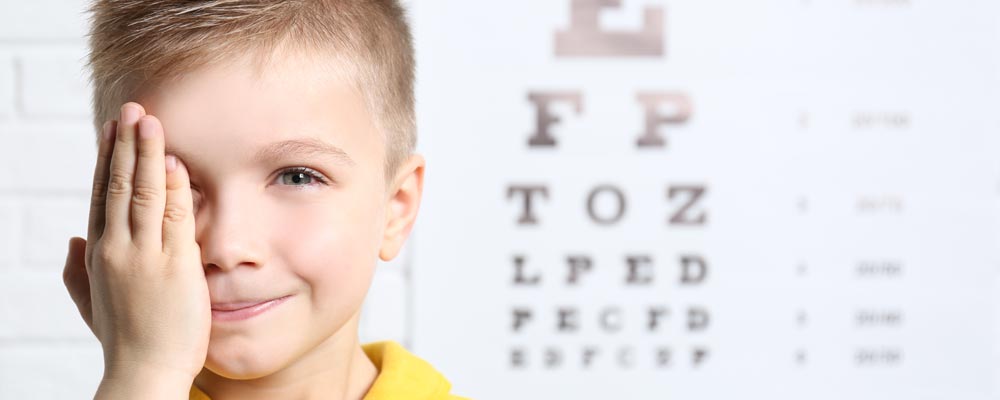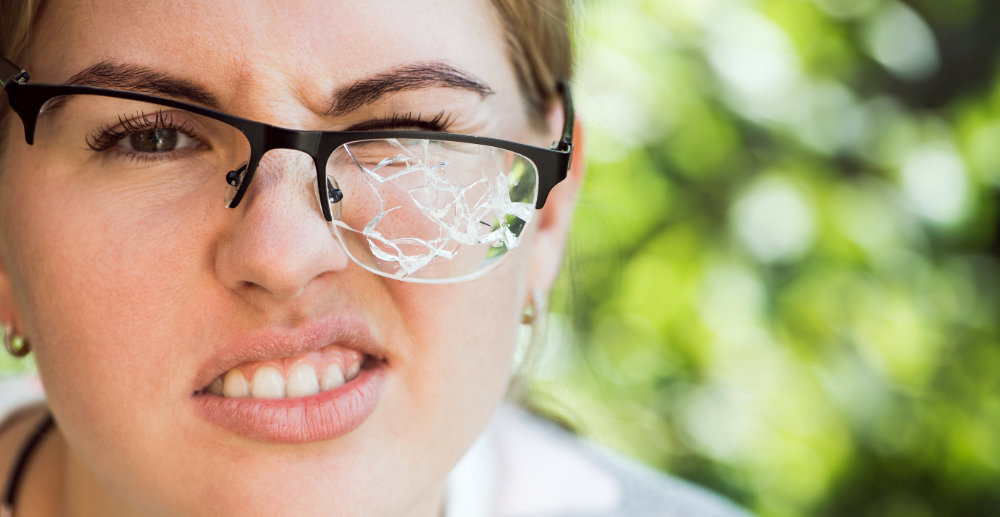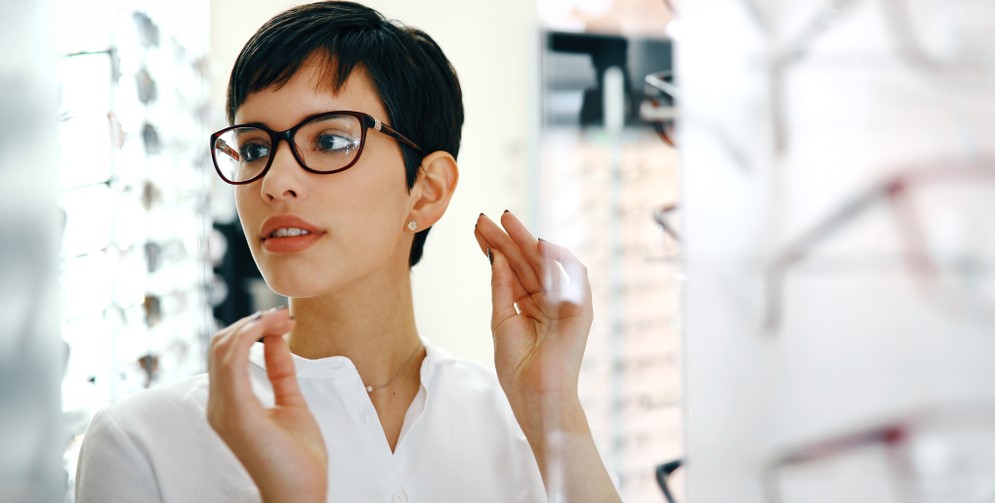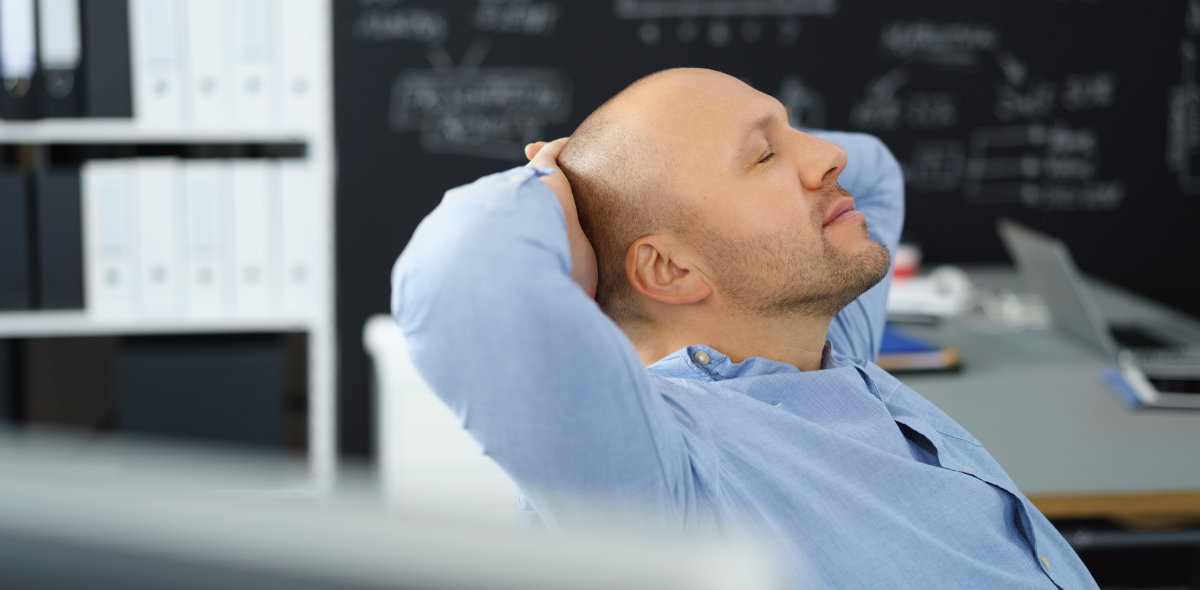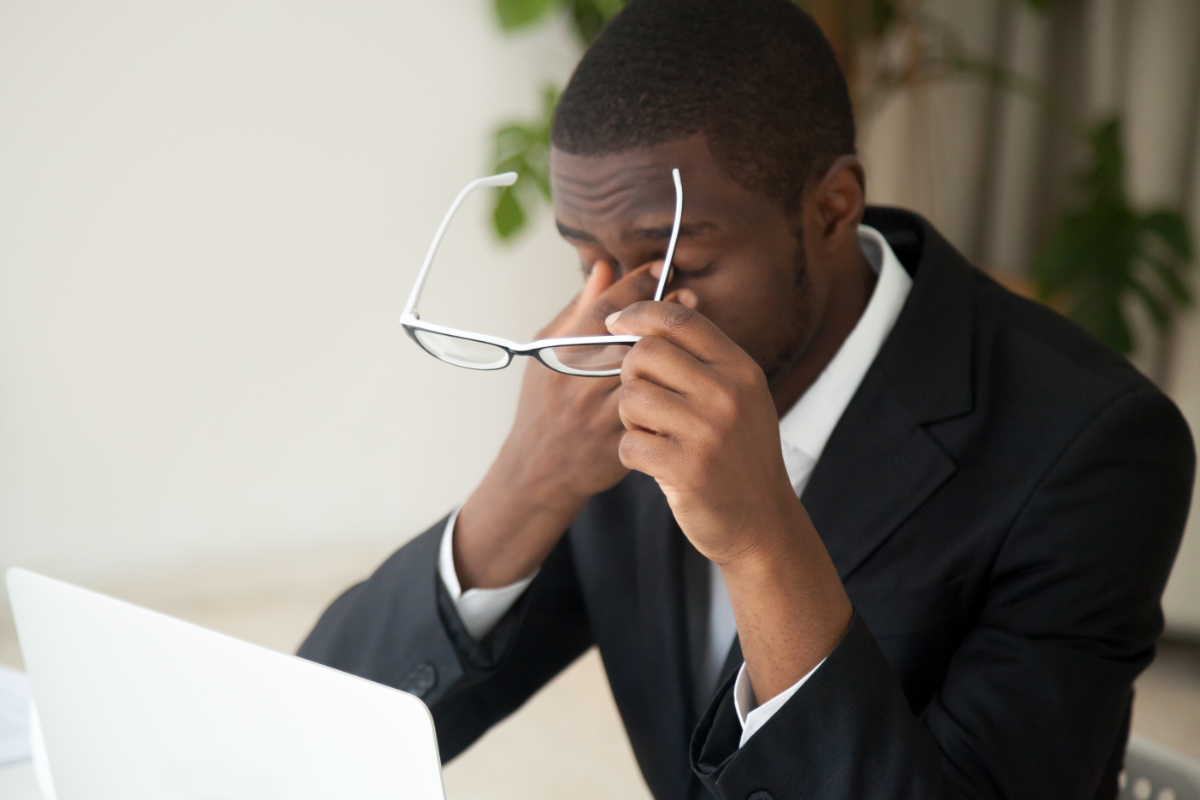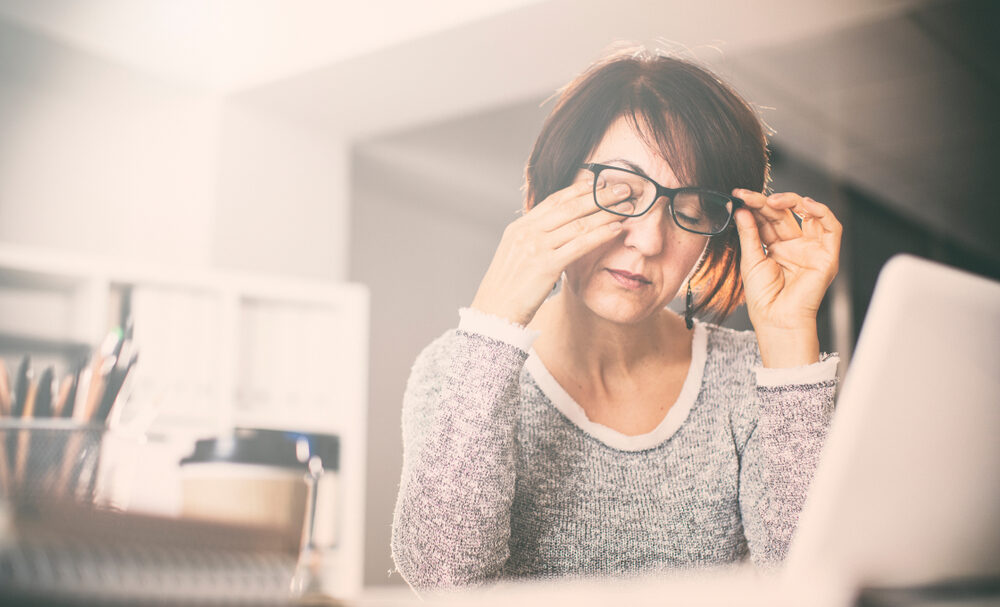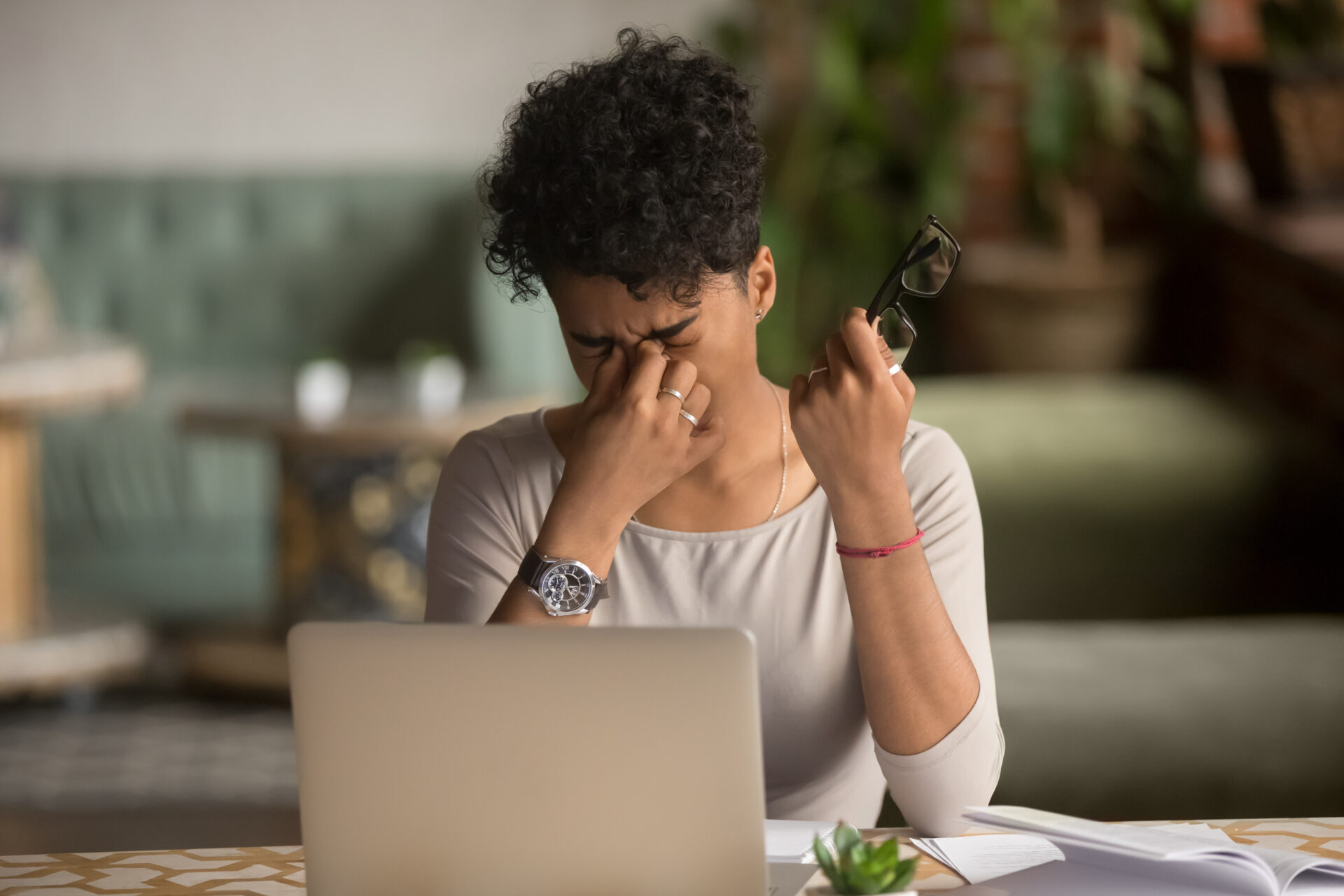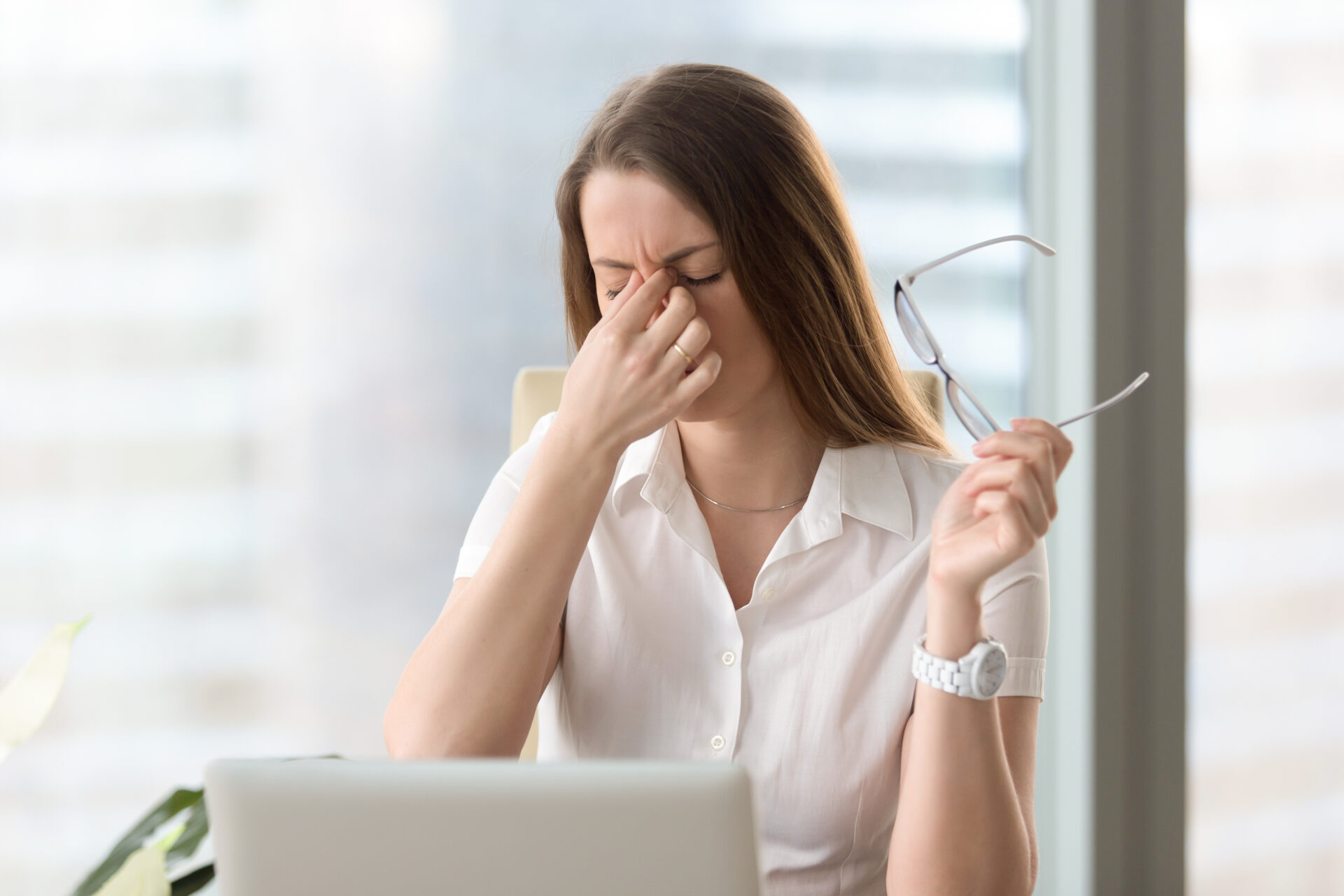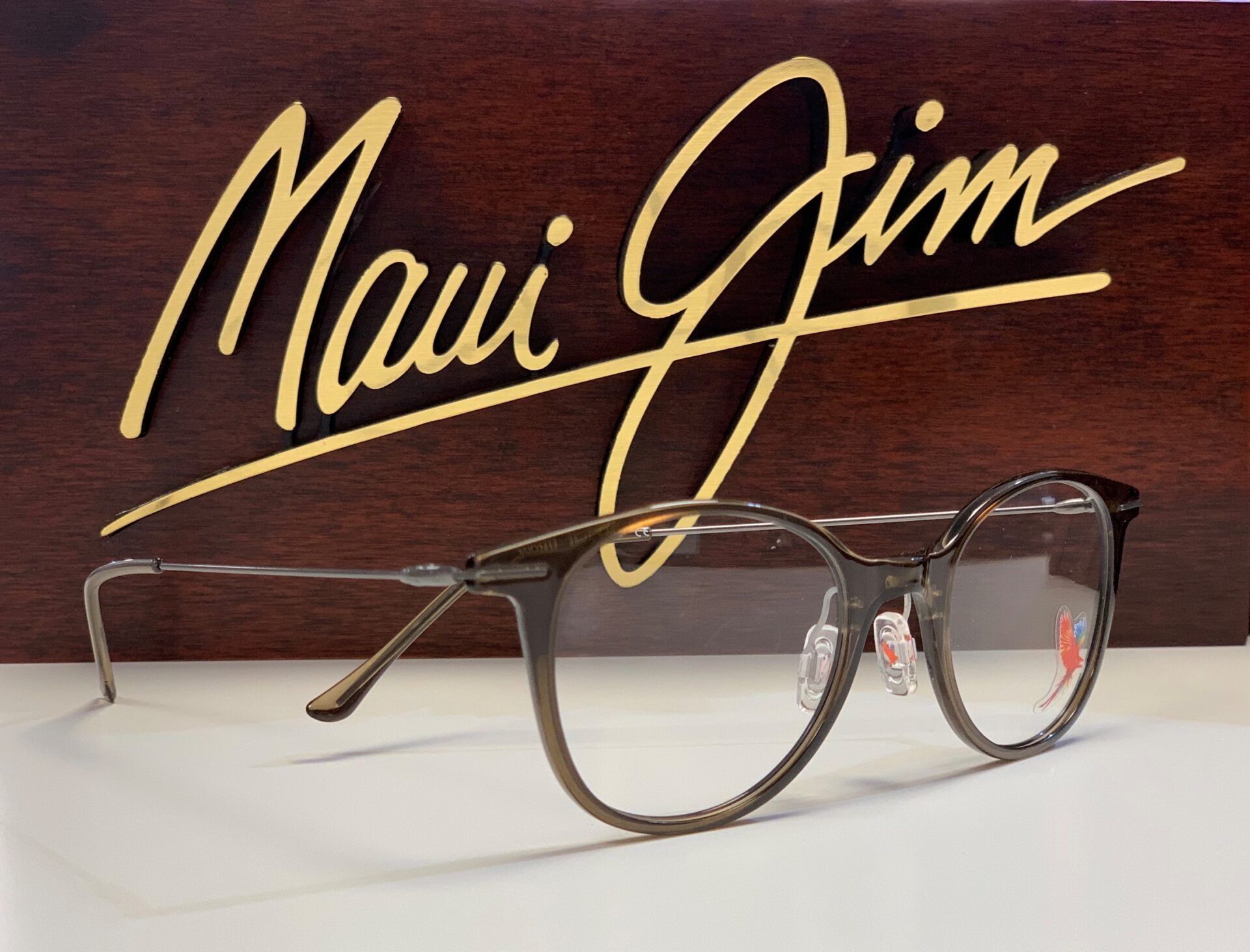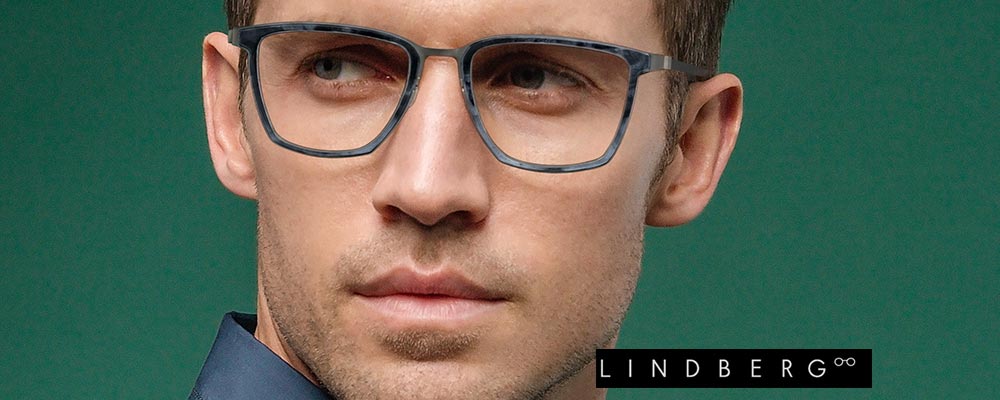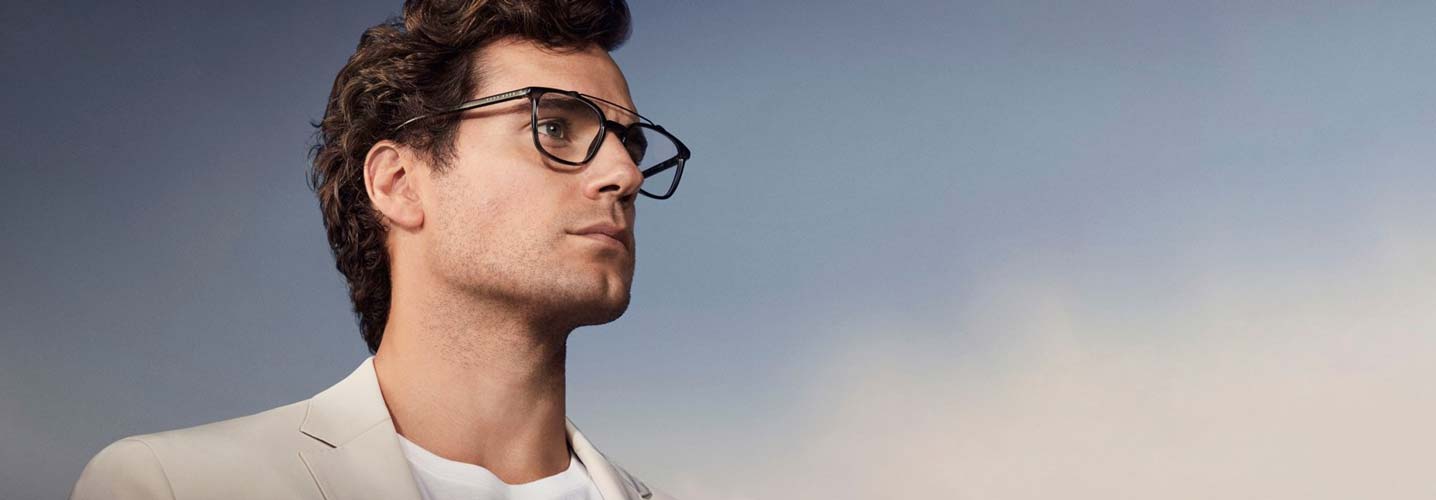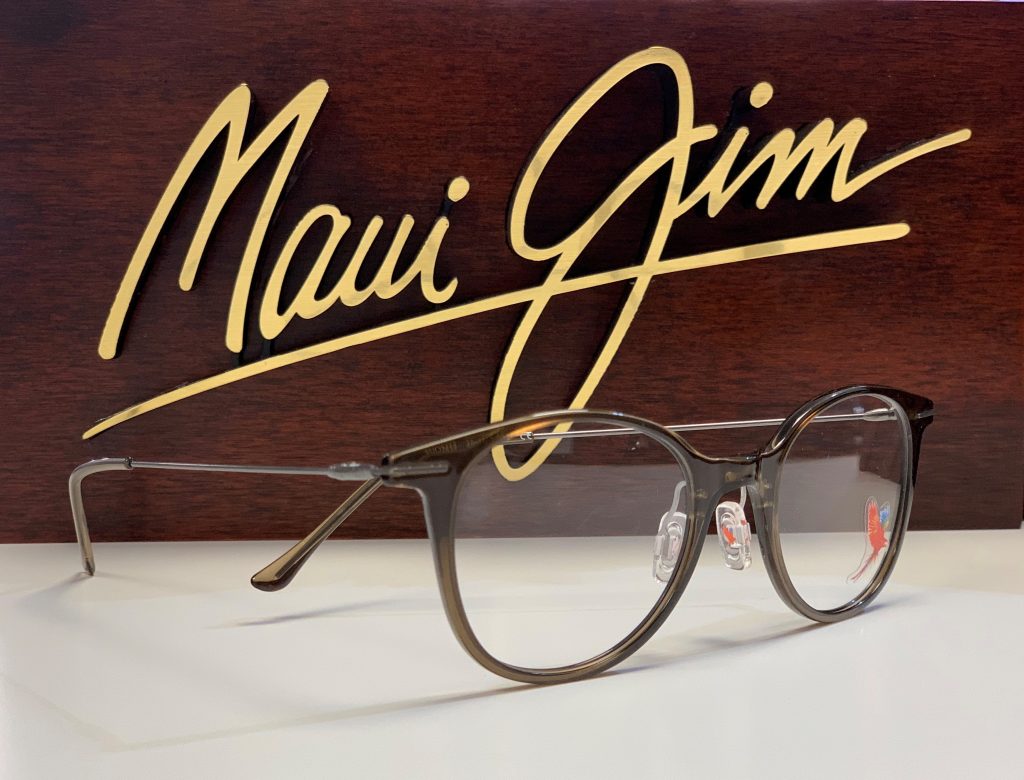Growing up everyone heard the classic “make sure you eat your carrots – they’ll make you see in the dark!” Do carrots really improve your eyesight? Is there any truth to this? Or was it just a trick used by adults to make us eat our vegetables? So many questions that we now have the answers to – let’s discuss…
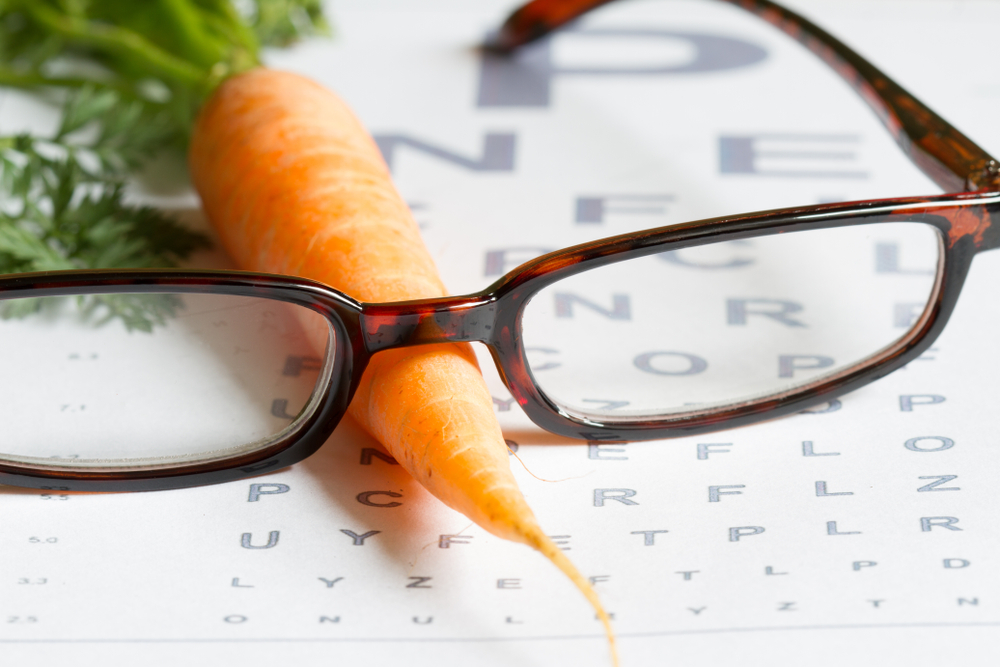
Are carrots good for eyesight?
Yes, carrots are one of the best foods you can eat for your eyes. They are crammed with huge amounts of the compound beta carotene. Carotenoids are pigments that give yellow, orange, and red fruits and vegetables their colour. The body is able to convert some of these carotenoids into a form of vitamin A. Vitamin A promotes great overall health and in particular assists your eyes with adjusting to the darkness. So…in this sense, it does technically help you see in the dark.
We must stress though, it won’t give you night vision, which a younger version of yourself will likely be disappointed in finding out.
Vitamin A and why it’s important
Vitamin A is important for maintaining accurate vision, the functioning of the immune system, growth as well as development. Additionally, vitamin A also helps your heart, lungs, and other vital organs function properly.
Specifically for your eyes, vitamin A is excellent at preventing the formation of cataracts and macula degeneration. This is important as these are the two leading cases of blindness. If you’re not a fan of carrots you’ll be pleased to know vitamin A is common in a variety of foods. For example, kale, spinach, liver and sweet potatoes are all foods jam-packed with goodness. Unfortunately, a diet high in vitamin A won’t cure blindness, nor will it grant a person 20-20 vision. However, a severe lack of vitamin A can cause blindness and deterioration of the eye.

How to protect your eyesight
The best way to improve your eyesight is to give your eyes the natural goodness they need! A steady supply of nutrients and vitamins keeps your whole body, including your eyes, healthy and working at their best. As mentioned, vitamin A is great for maintaining eye health. However, there’s more to focus on if you want to protect your eyesight.
Lutein and Zeaxanthin
Lutein is helpful, particularly for your eyes. It is a pigment found in high concentrations in the Macula. The Macula is the layer of the retina that protects against excessive light. The greater the pigment density in the Macula, the better protected your retina is and the lower your risk is for suffering from Macular degeneration.
Both lutein and zeaxanthin are carotenoids, which help protect the macula and reduce the effects of macula degeneration. Current evidence suggests higher dietary intakes of lutein and zeaxanthin are likely to play a role in protecting the eye against macula degeneration. A diet high is green leafy vegetables such as kale and broccoli contain these nutrients but often we do not absorb enough in a high enough concentration due to the bioavailability. As such luetein and zeaxanthin supplements are recommended for those patients with established macula degeneration to increase macula pigment. Macushield Gold is a recommended supplement by the Royal College of Ophthalmologists formulated to the Areds 2 trial which is scientifically proven to reduce the risk of progression of macula degeneration. We stock Macushield Gold at both Focus Eye Centre and our Heathfield Practice, Pople & Broad.
Seek the assistance of a professional
While introducing a better diet to your life will be extremely beneficial for your eye health, it will not be enough to cure or remedy any serious problem. If you feel as though you are suffering from poor vision always seek the opinion of a professional. We cannot correct our vision without this help. Unfortunately, there’s no easy quick fix when it comes to eyesight issues. Please don’t hesitate to contact your local optometrist as soon as you can, to discuss any queries or concerns you may have.
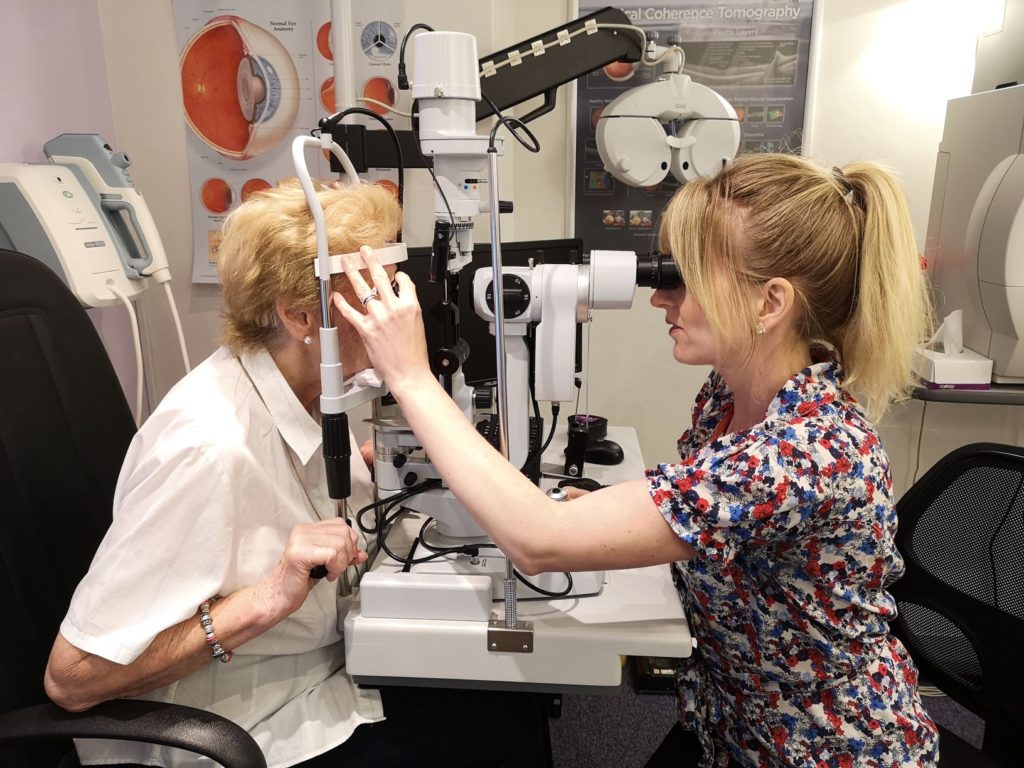
Get in touch
It’s always best to seek some professional advice. Here at Focus Eye Centre, we are always willing to offer guidance where possible. Whether it is for a new pair of spectacles, sunglasses, lenses or just some drops to calm and lubricate your eyes. Give us a call today on 0800 980 34 64 or email us at info@focuseyecentre.co.uk.
